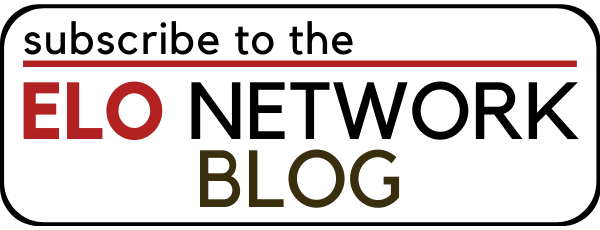Refugees and Immigrants are at the heart of the future prosperity of Canada. Why? Embedded throughout the Canadian economy is a particular type of small business—the family enterprise. And many of those family businesses have been started by refugees and immigrants.
Having lived in and worked with family businesses throughout Canada for decades, I know this first hand. The community I grew up in was made up of post-World War II refugees (or more specifically “displaced persons”), with their own social, educational, linguistic and religious institutions. That community, like others of its sort, spawned countless family businesses.
The immigrant mentality is also suited to that of an entrepreneur. Immigrants are outsiders, new to the established way of doing things and not used to conforming. Like entrepreneurs they are a unique breed, always doing something new, unique and different.
What do refugees and immigrants generally bring to their new land? A sense of gratitude, an insatiable craving to improve their circumstances, a desire to be self-reliant and the tenacity to give their family better opportunities.
Often the family of the immigrant is co-opted into the business. There is no choice, but simply reality. There is work to be done and the kids need to chip in, on evenings and weekends. Weekends for leisure is a foreign concept; instead it is an opportunity to work. A sense of entitlement was not within the realm of cultural context.
Most immigrants don’t have to be trained to acquire entrepreneurial traits; they are essential to their being. They are independent, action-oriented, have a never-say-die attitude and are opportunity obsessed. They are used to a modest lifestyle—that makes the tough times of a start-up more palatable. Their opportunity cost is low. They left the “old country,” either deliberately or in a hurry, for a better life.
The dynamic is seen anecdotally and confirmed statistically. The BDC, for example, published their findings in an Index of New Entrepreneurial Activity (2012) to discover where the greatest entrepreneurial dynamism exists in Canada. They concluded as follows: “Canadian immigrants have a higher tendency to launch new ventures than individuals born in Canada. In 2011, the BDC Index was 0.35% for immigrants compared to 0.20% for non-immigrants.”
From my own experience working with family businesses, I can attest to the fact that so many of today’s successful family businesses and entrepreneurs began as proverbial penniless immigrants. A significant number of our clients at Nicola Wealth (www.nicolawealth.com) are immigrants and refugees who have made good in their new land. Often the immigrants started their own business out of necessity due to a lack of education, connections, work experience and language skills. They are prepared to go and do what the locals won’t. No risk, no reward. Don’t rely on others.
How many condos in Vancouver wouldn’t exist if not for immigrant entrepreneurs? Tradespeople begat housebuilders which begat property developers.
The Mennonite community has spawned many successful family businesses across the country. In the Fraser Valley of BC, the outcome was often agricultural-related industries and property development. There is a great German word that sums it up: “selbst standigkeit,” which connotes independence couple with drive and determination.
I have many clients of Dutch origin, particularly in the Fraser Valley and in southern Ontario. The story is retold countless times. The parents emigrated in the 1950s and started their own business (dairy / agriculture, horticulture, etc.) and then family members took over the business. Without Dutch immigrants there would be far fewer tulips and flowers.
Immigrants typically have a long-term view. I work with families that have been toiling in a single direction for 50 years. They are not easily distracted. They don’t need to display the baubles of success; they have the satisfaction of an asset base. They become the classic low-key “millionaire next door.”
I was recently at a business conference and the speaker, a high-level executive at a major bank, argued that Canada had one of the best immigration systems in the world. Canada now admits about 300,000 people/year, based on a points system and family connections. This is an incredible competitive advantage; the US is not as well-positioned these days.
Further, Canada has its lowest unemployment rate in almost 50 years, so the occasional barb about immigrants “taking jobs” rings very hollow indeed. In fact, there are parts of Canada, such as in southern Manitoba where there is effectively zero unemployment. Companies are recruiting overseas, such as in The Philippines, to entice people to come.
Canada needs to continue to be a beacon of a country with the rule of law, democratic government that offers a safe, prosperous and meaningful future. The very future prosperity of a country depends upon this ongoing rejuvenation of talented people.
So the next time you see a refugee or immigrant, imagine many of them to be future family business owners—and greet the person who will be helping to fund your pension plan and who will be creating jobs.
